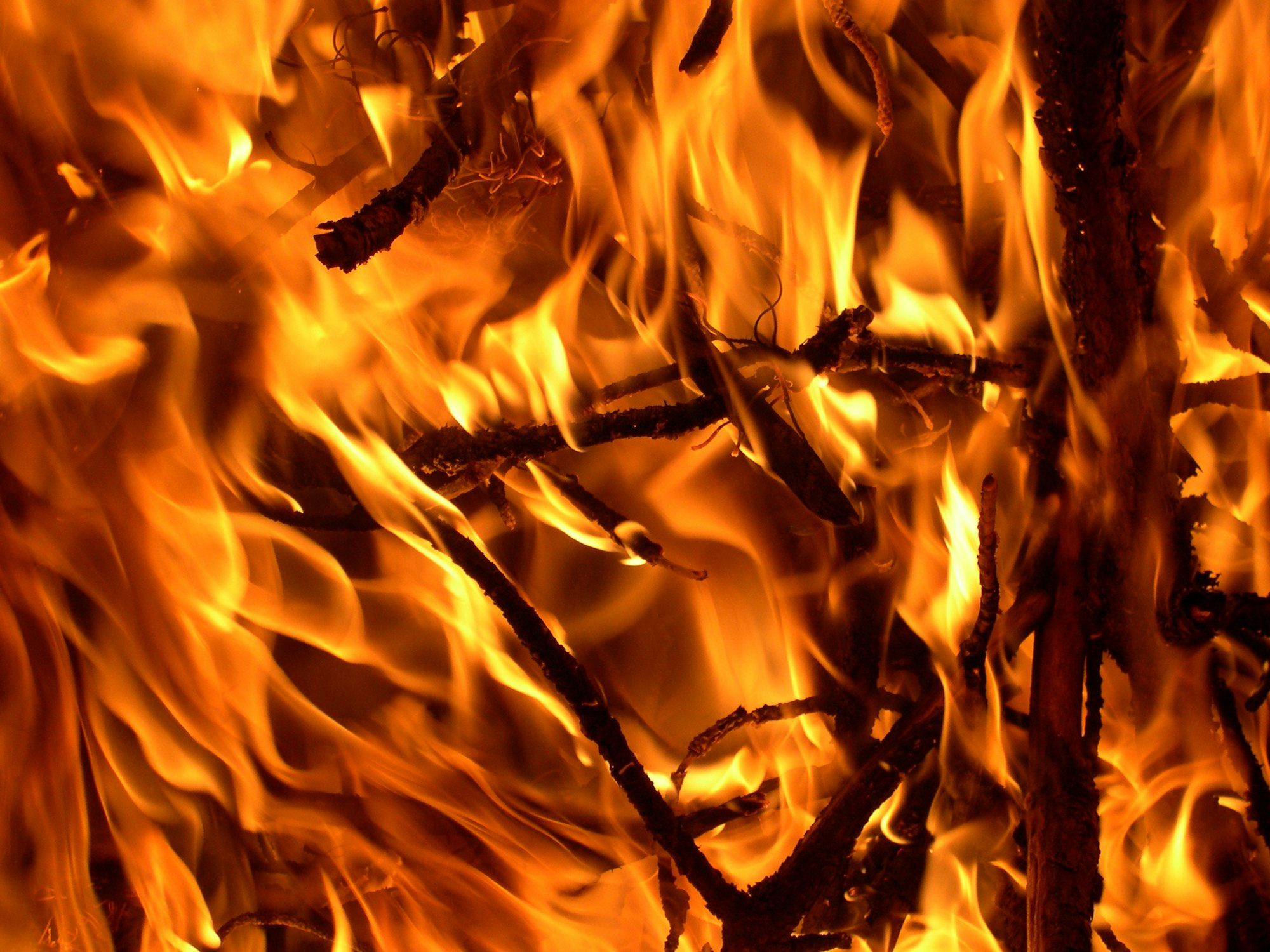Fire Safety Tips

Knowing how to prevent a fire is even more important than knowing how to put one out! These handy tips will help keep your home and family safe.
- Install smoke detectors in key locations throughout the house and keep checking them. Make sure the warning alarm is loud enough for those who have difficulty hearing. Have large, noncombustible ashtrays available in every room for people who smoke.
- Check all electrical outlets, extension and appliance cords. Do not overload sockets and make sure that wires are not frayed or exposed. If your house is older, have an electrician check that the wiring meets current building codes.
- Avoid kitchen fires by cleaning your stove exhaust hood, and utensils regularly to eliminate grease build-up. Provide good lighting near your stove and always keep a fire extinguisher mounted nearby. Do not wear loose, hanging clothing when working over a hot burner and always use a hot pad or mitt.
- Space heaters should not be utilized as a main source of heat. Use them properly. Do not place them at exits or stairways where they block the exits or can be tipped over. Never fill portable heaters while they are still burning or are hot.
- Heating systems and furnaces should be cleaned and serviced once a year to avoid fire hazards. Make sure there is an emergency shut-off switch. If not, have one installed.
- Dispose of old newspapers, magazines and rags properly. If possible, have them recycled. Do not store them near gasoline, cleaning fluid, or kerosene. Keep all flammable materials in a cool, vented place away from your main living areas.
- Plan and practice fire drill exits from all areas of the house. Figure out two ways to reach the ground safely from each room and make sure windows can be opened from the inside. Mark the window and/or door of any person who requires special assistance from the fire department.
- Do not block exits with furniture or enclose windows with iron bars that do not allow escape in case of fire.
